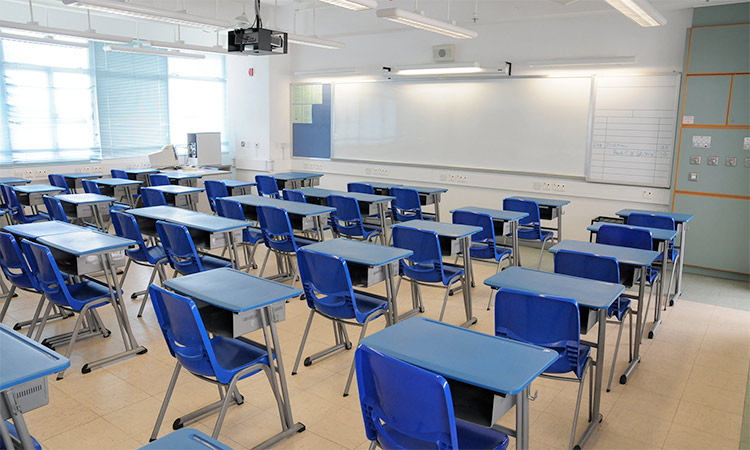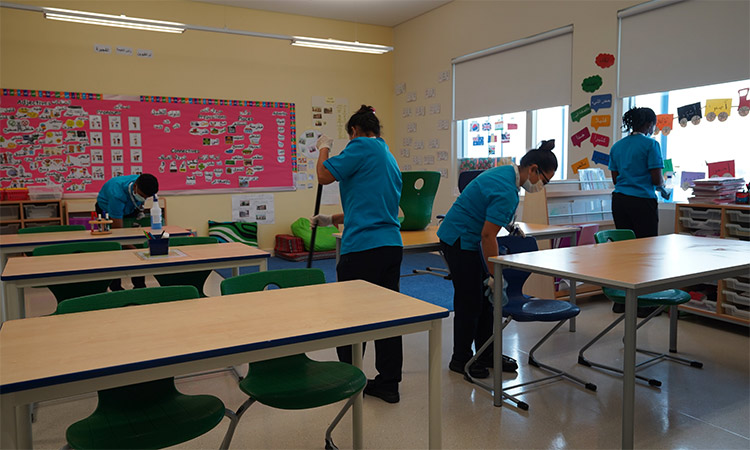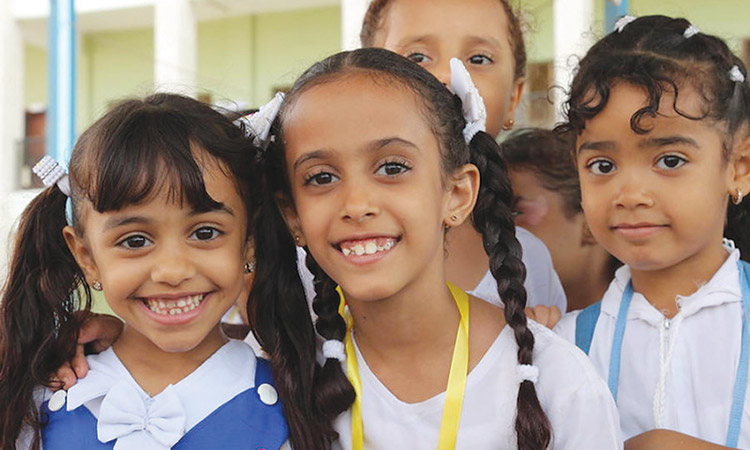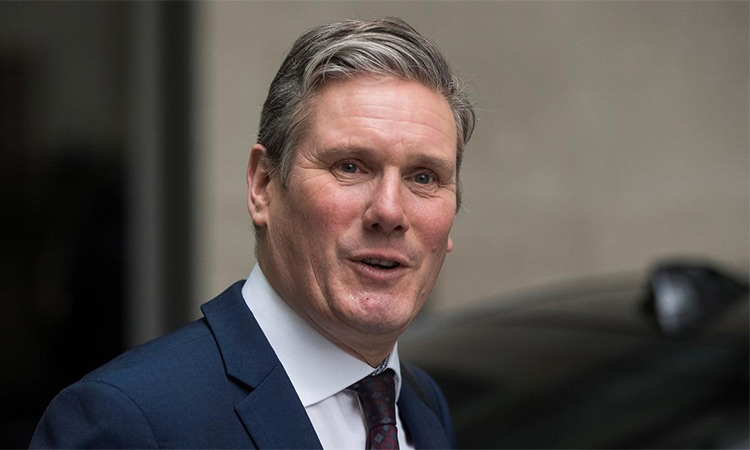Strategy needed to avert a global education crisis

Illustrative image.
Patricia Scotland, Tribune News Service
COVID-19 has been an earthquake along the already fraught fault lines of global education. The result is a deep chasm into which the most vulnerable have fallen: 1.6 billion children were out of education at the height of school closures.
If we do not act now with new tactics and strategies, including changes to the way we deliver aid, the young will face a tsunami of looming poverty that will wipe away their opportunities and future prosperity. If we do not act now, we should not expect their forgiveness.
About 53 per cent of children suffer from learning poverty – this includes those who are not in school and those who are unable to read and understand a simple story by the age of 10.
The pandemic is projected to force an additional 10 per cent of students into learning poverty. Current estimates predict that the students currently in school could stand to lose a combined $10 trillion (£7 trillion) in earnings due to the learning deficit.
At the same time, global gross domestic product (GDP) fell by around 3.3 per cent last year due to the pandemic, which increased levels of poverty and slashed public spending on human capital. The knock-on effect is forcing more children, especially girls, out of school forever. Such disruptions and high levels of learning poverty are alarming signs that the progress towards the Sustainable Development Goal on education is under grave threat.
With its challenges for learning, the pandemic also offers a window of opportunity to prioritise investment in people by building resilient and equitable education systems that address learning poverty. Any investment must have a sharp focus on equity and cost-effectiveness, especially in poor and vulnerable settings.
The benefits are clear: investing in learning outcomes is central to building human capital which drives productivity, prosperity and progress. Every year of schooling raises a person’s earnings by 10 per cent and boosts a country’s GDP by 18 per cent. If all adults had just two more years of schooling, nearly 60 million people could escape poverty.
We need to tackle this learning crisis with the same rigour, resolve and resourcefulness that has been demonstrated against COVID-19. We need to work with students, families, educators, policymakers and international stakeholders to guarantee no child, anywhere, is robbed of their future.
Riding the wave simply is not enough. We need to make it our own, a tsunami of hope, rather than despair, whilst the window of opportunity is still available to us.







